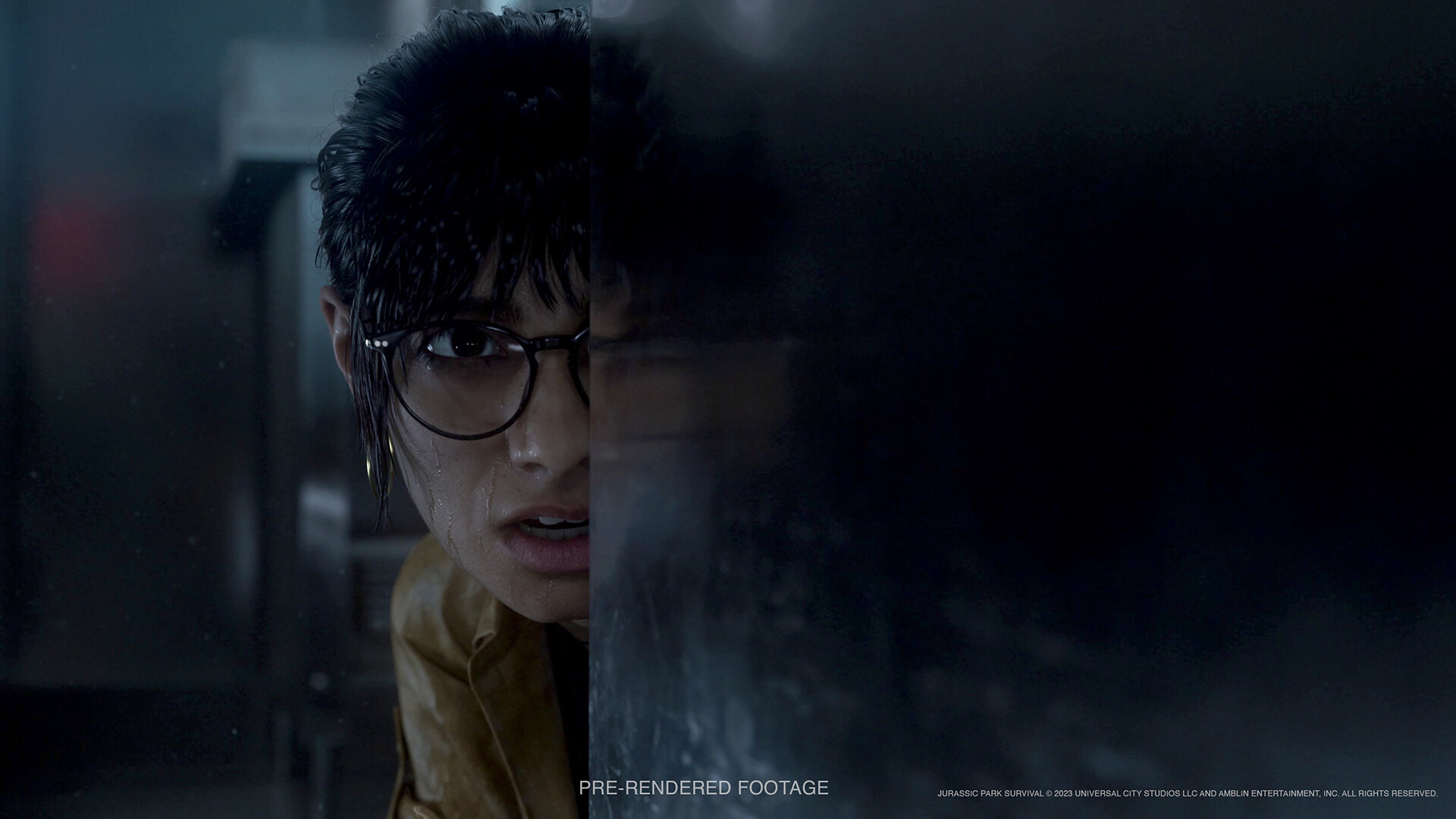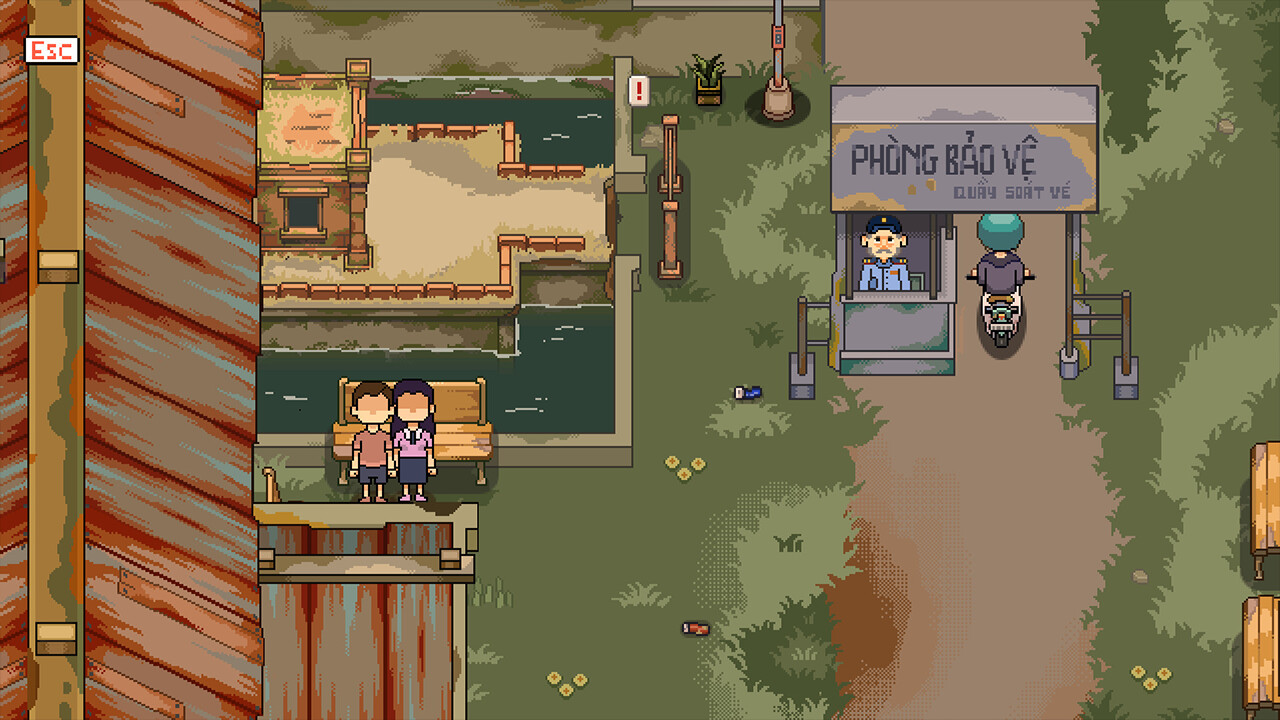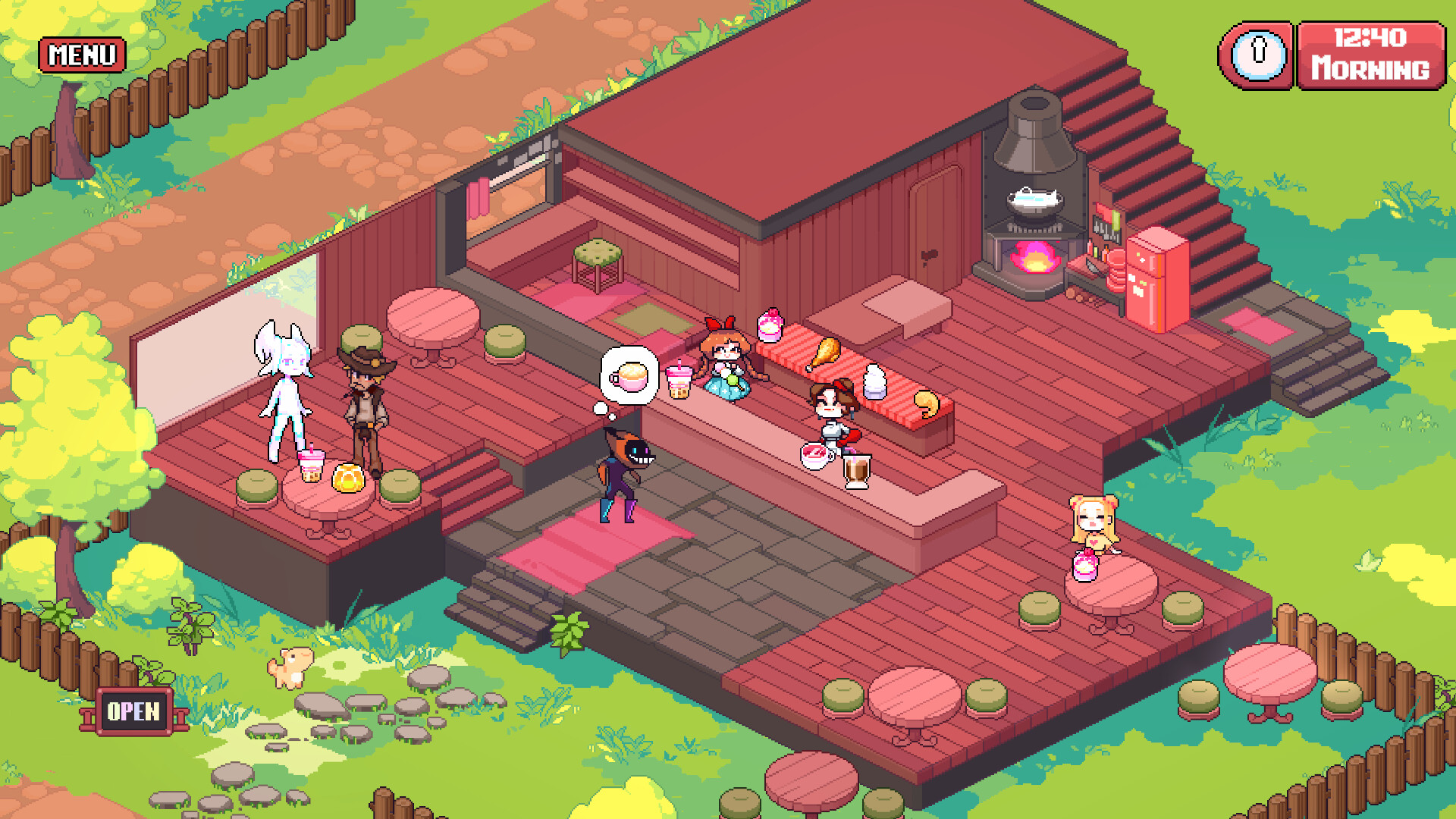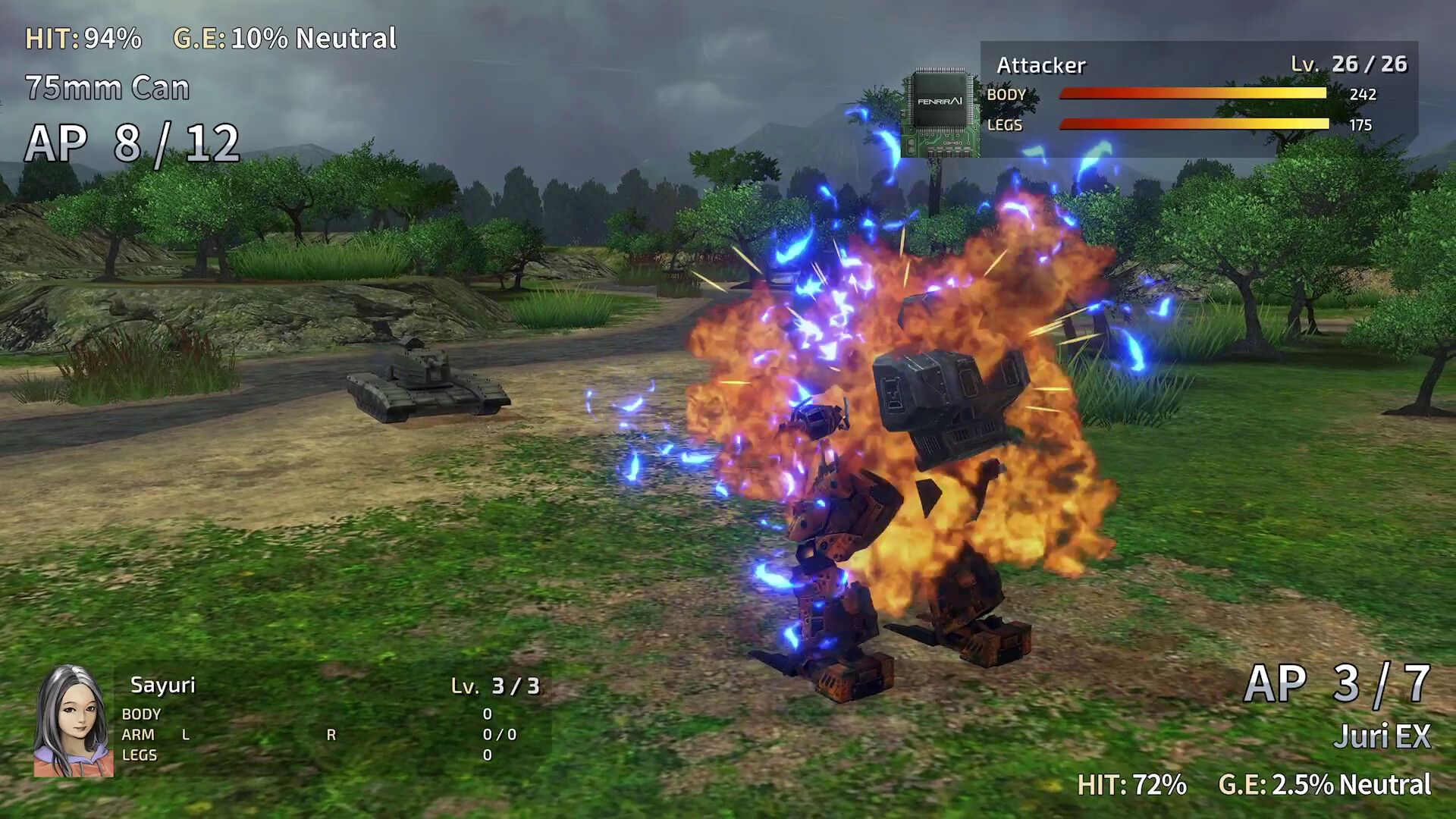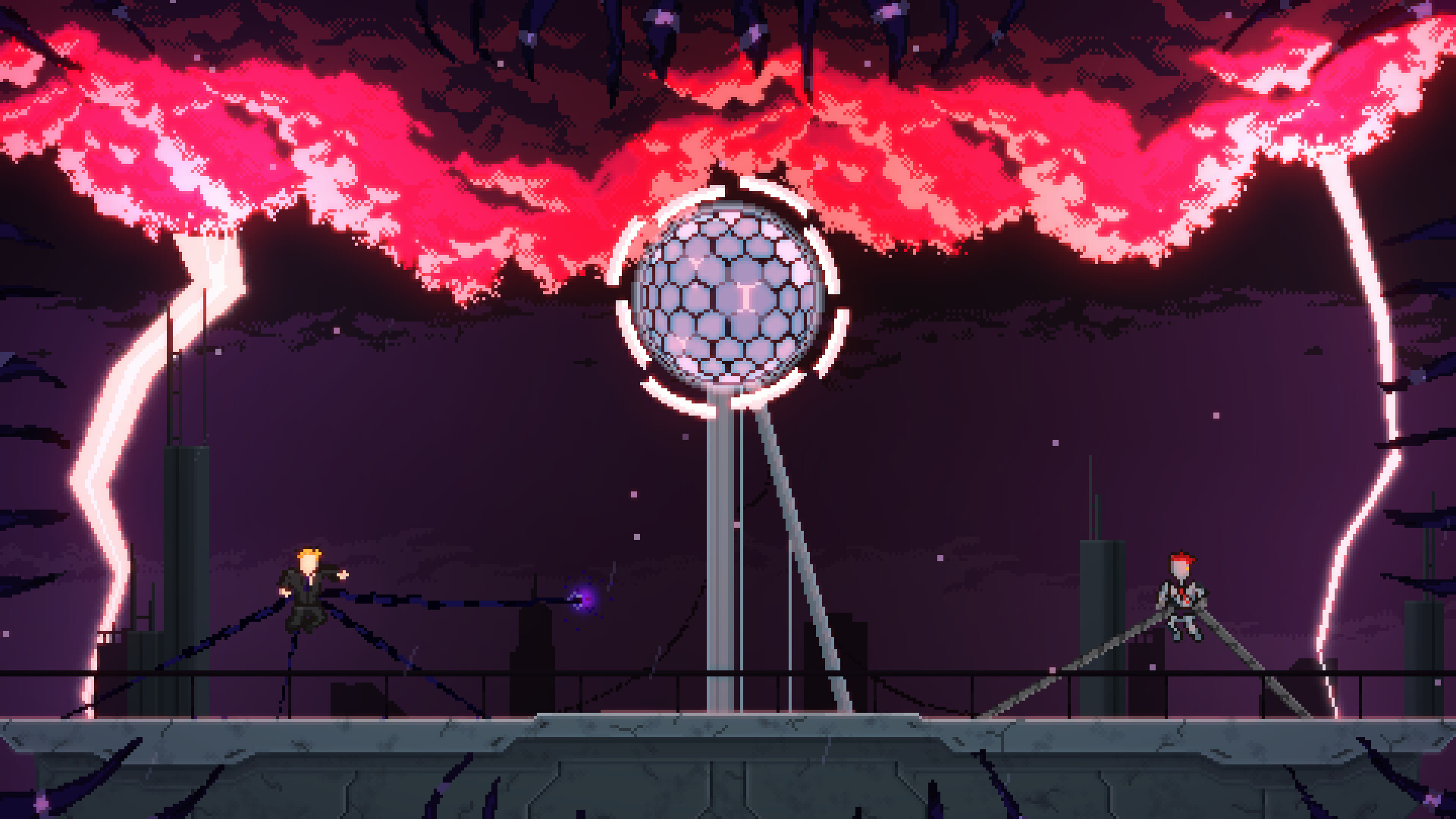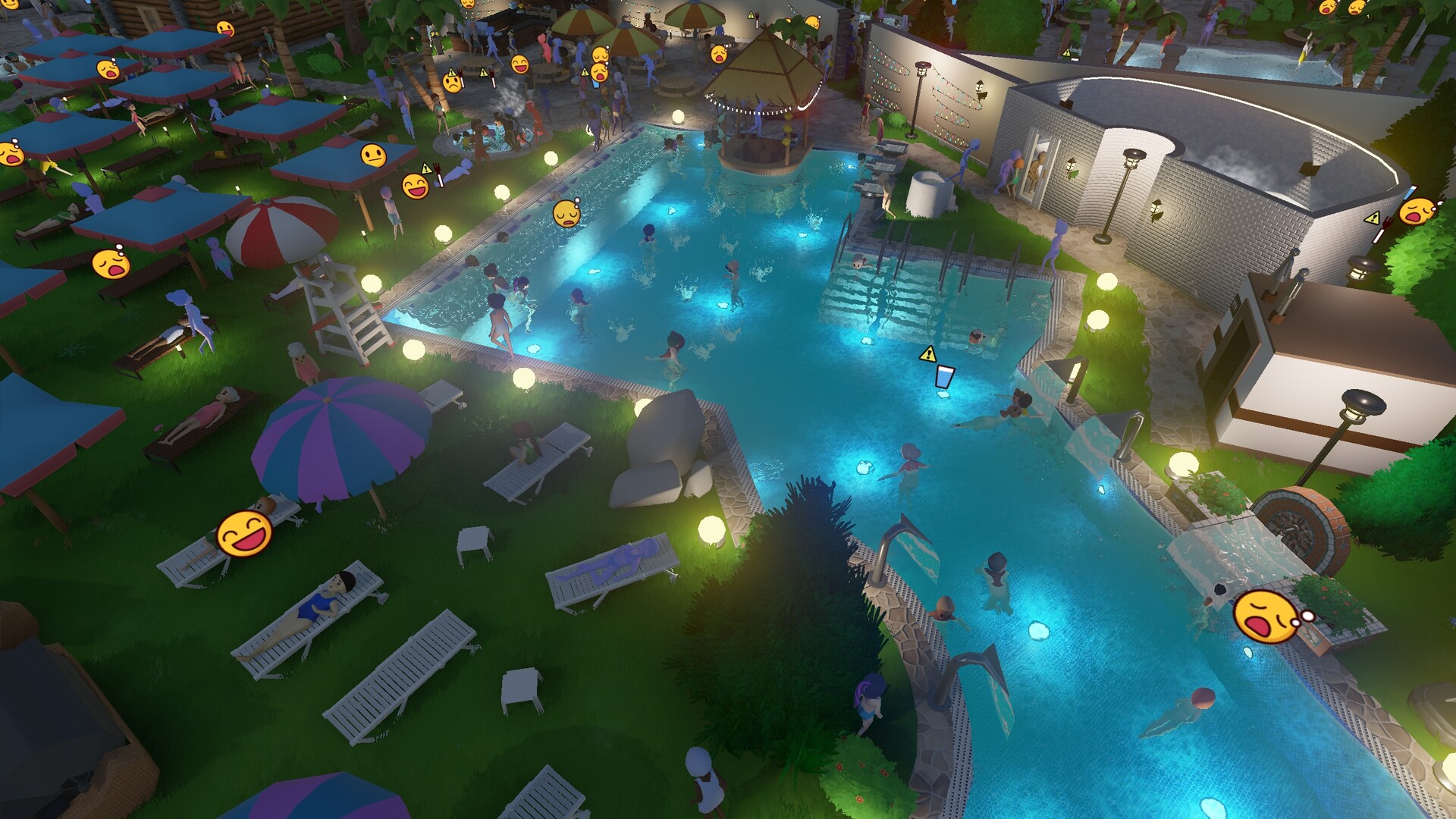For all the Doom and Gloom about the AAA industry on the brink of collapse and the console space stagnating, investing into AA games is handwaved away by many people as not feasible because there is no market for it and they mostly fail (on consoles).
Point 1: The need for a diverse line-up.
Point 2: The need for (enough) exclusives in a year/generation.
Point 3: The AA game of today is the AAA Blockbuster of tomorrow.
Point 4: "They tried: nobody is buying them."
Point 5: "There is no audience for it on Consoles."
Point 6: The knowledge, experience, confidence, and prestige of shipping a game is a valuable tool for making a cohesive team/studio that has less issues handling bigger projects, or making games faster.
Point 7: It could help keep talent productive that isn't currently needed on one of your AAA projects.
Point 1: The need for a diverse line-up.
Not everyone has the same taste in Genres, IP, and gameplay type. Sony has the "3rd-person-cinematic-experience-action-game" moniker for a reason. And people who don't like that type of gameplay are more likely to not buy the console.
Some Genres are easier to AAA-ify than others and for many genres, throwing AAA money or scope doesn't enhance the gameplay or the reason why it is desirable by players.
Point 2: The need for (enough) exclusives in a year/generation.
If your AAA game line-up needs 5-10 years and over 100 million dollars invested to get the game out, you won't have enough games in a generation to make the Exclusive argument work for many people. It is easier to point to 100 exclusive games in a generation and argue that you can only experience those on your console than anywhere else, than only having 20-40 exclusives.
Point 3: The AA game of today is the AAA Blockbuster of tomorrow.
Many people are ignoring or are not aware, that the AAA games of today were often the AA games of yesterday. GTA, Battlefield, Dark Souls, Mass Effect, CoD, Uncharted, etc. weren't AAA games initially.
Point 4: "They tried: nobody is buying them."
There are 2 distinct counterpoints here.
- The need for exclusives to make back the investment on the console itself is a rather new-ish "problem". If the point of your exclusive is to get customers into your ecosystem, then high margins or even profitability shouldn't be your priority. People buying the console because of this game, should be. And was previously.
- for AA games, they don't need high sales numbers like their AAA counterparts (unless you price them aggressively and not like the AAA games). The major reason for developing AA games is to widen your exclusive variety to incentivize customers to buy the console for that one AA exclusive they can only find on your console. Having more variety and a high number of exclusives makes it that much more likely that you will get those customers into your ecosystem that don't care about your current AAA line-up
Point 5: "There is no audience for it on Consoles."
Because the AAA budgets narrowed the genres and audience expectations massively.
There is no audience for it, because there isn't enough variety for the audience to be on the ecosystem in the first place.
Again, if you want to grow your userbase and the numbers of consoles sold, you need to widen your reach in taste.
That also means that you need to finance games that will not be profitable at first, but gets new unique customers into your ecosystem. And the underperforming AA game of today could be the next massive success of tomorrow.
Point 6: The knowledge, experience, confidence, and prestige of shipping a game is a valuable tool for making a cohesive team/studio that has fewer issues handling bigger projects, or making games faster.
Shipping a game is massive confidence boost for anyone working on that game. You know what's working, how to be more efficient, how all the gears at the end need to be working together.
Or it could also show how something is not working gameplay-, management- or team-wise.
Point 7: It could help keep talent productive that isn't currently needed on one of your AAA projects.
Should be obvious that not firing developers is better than firing them. They do something productive on a low-risk or side-project and could even be used as an emergency pool of talent if your AAA Project needs help.
For a console maker it should be irrelevant how profitable AA games are, they are needed for game/genre diversity in your ecosystem.
Even if only 1 out of 10 is a (massive) success and 5 outright bomb, the 1 massive success could be the next GTA, Mass Effect, or Uncharted.
They just need to give more people a reason to buy into your ecosystem.

store.steampowered.com




